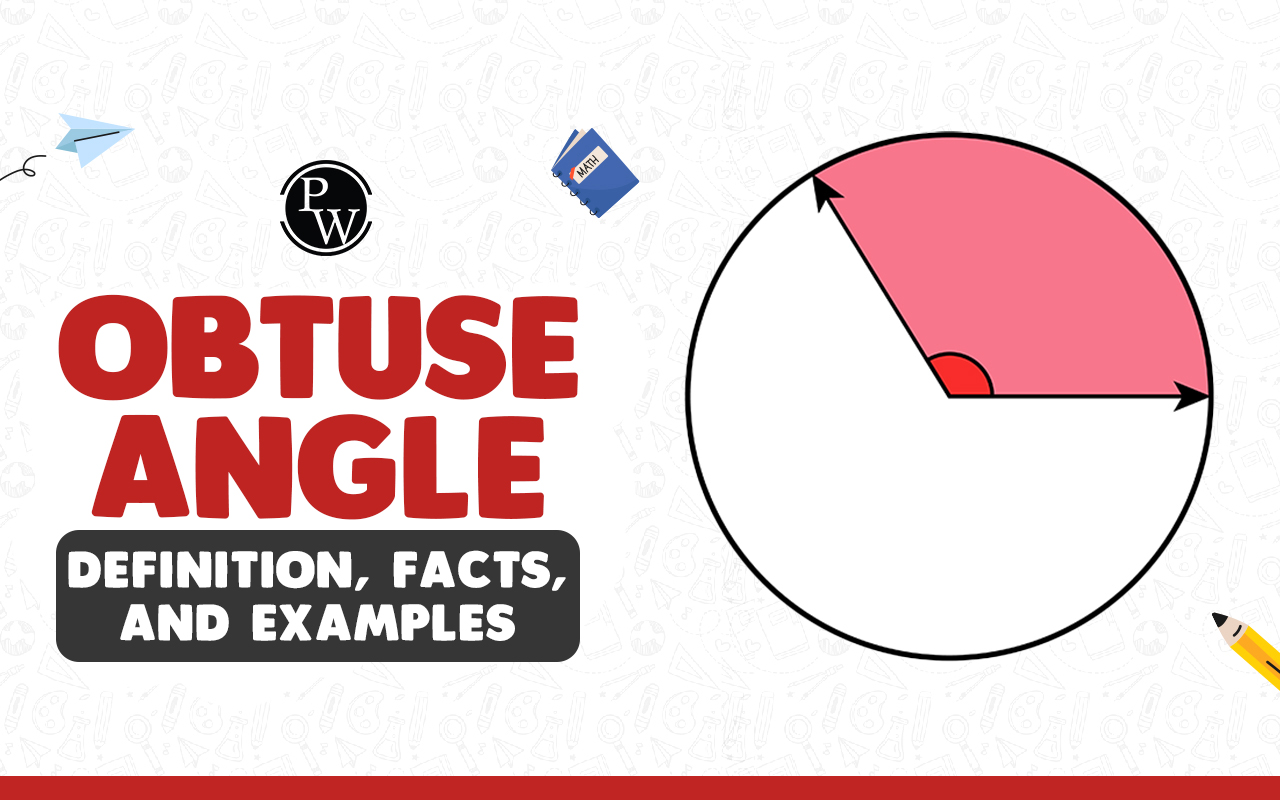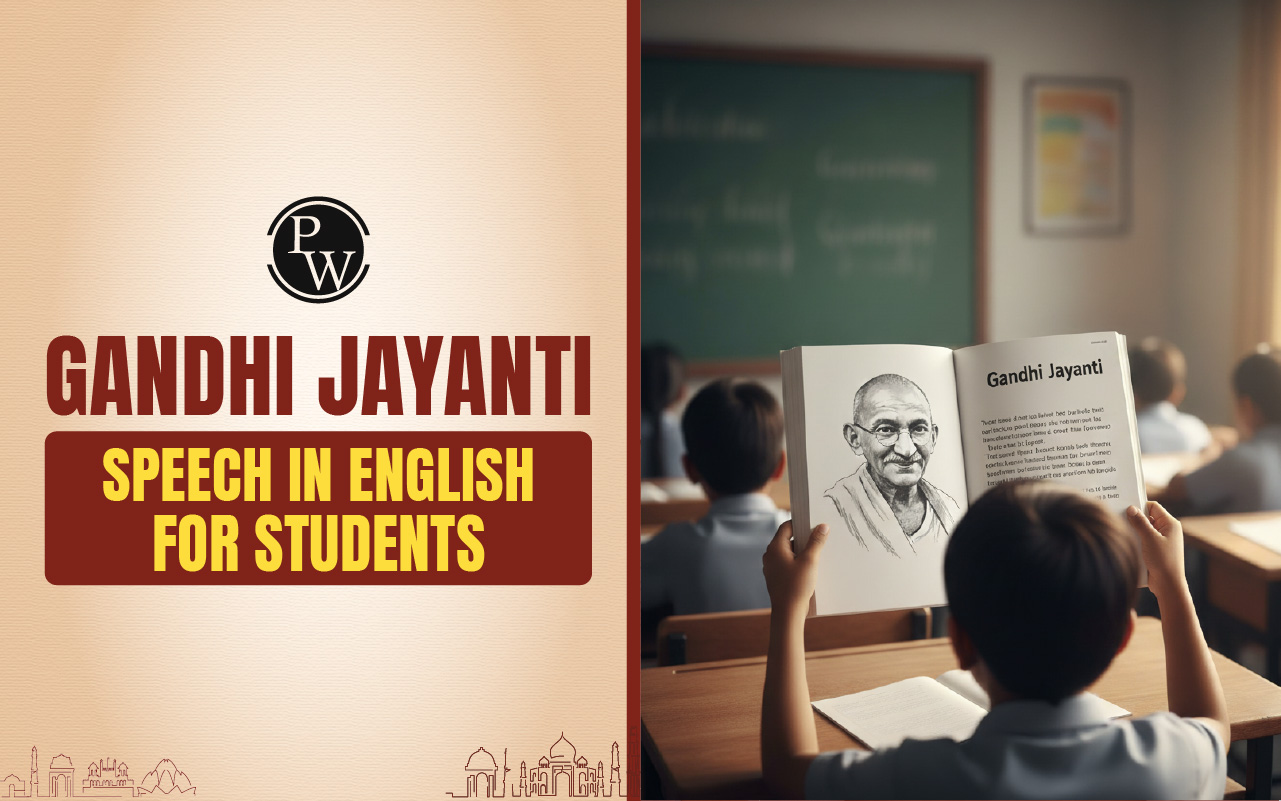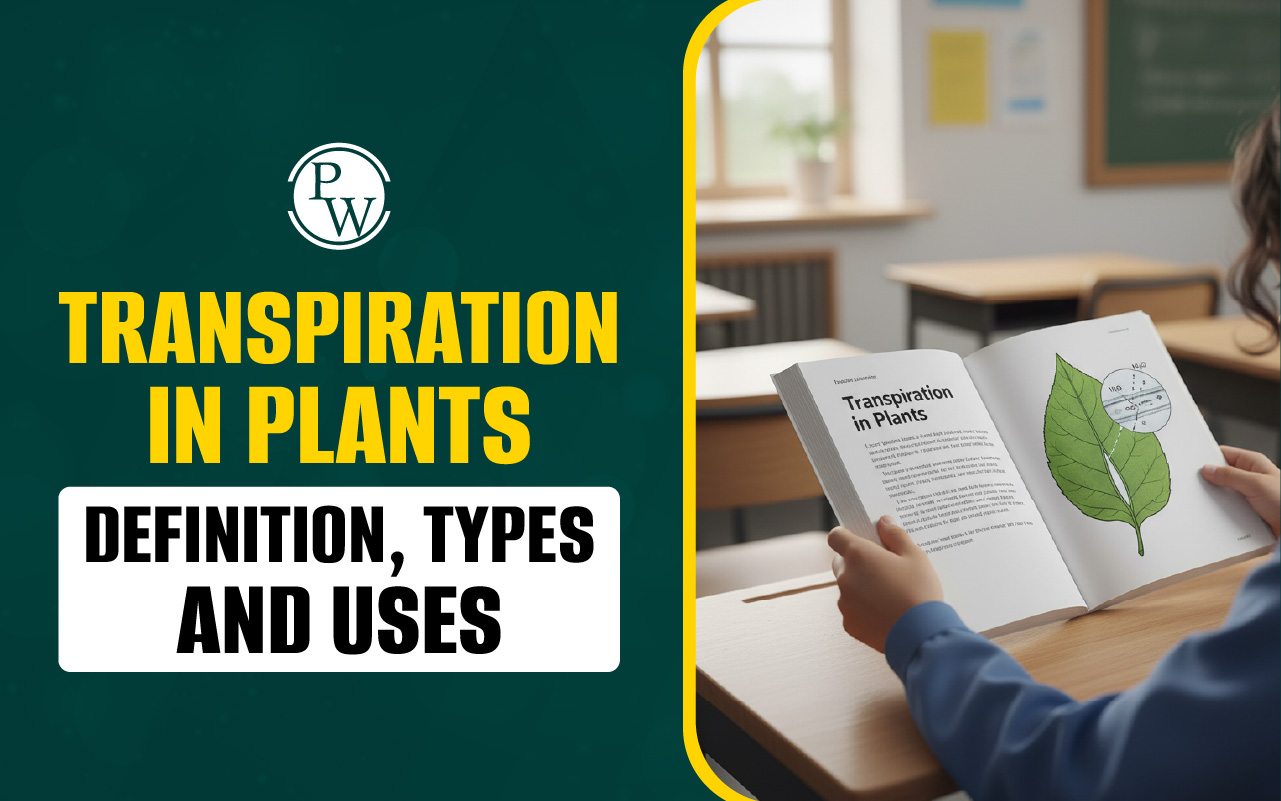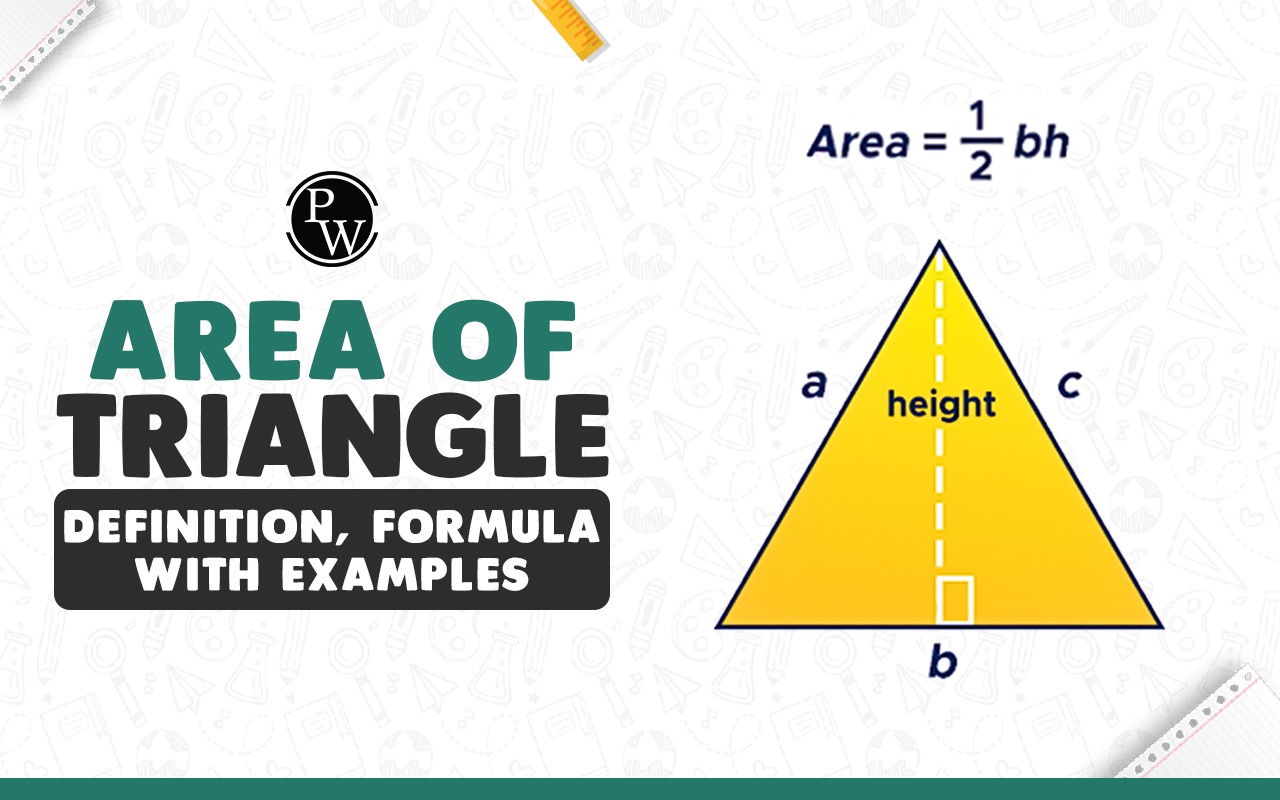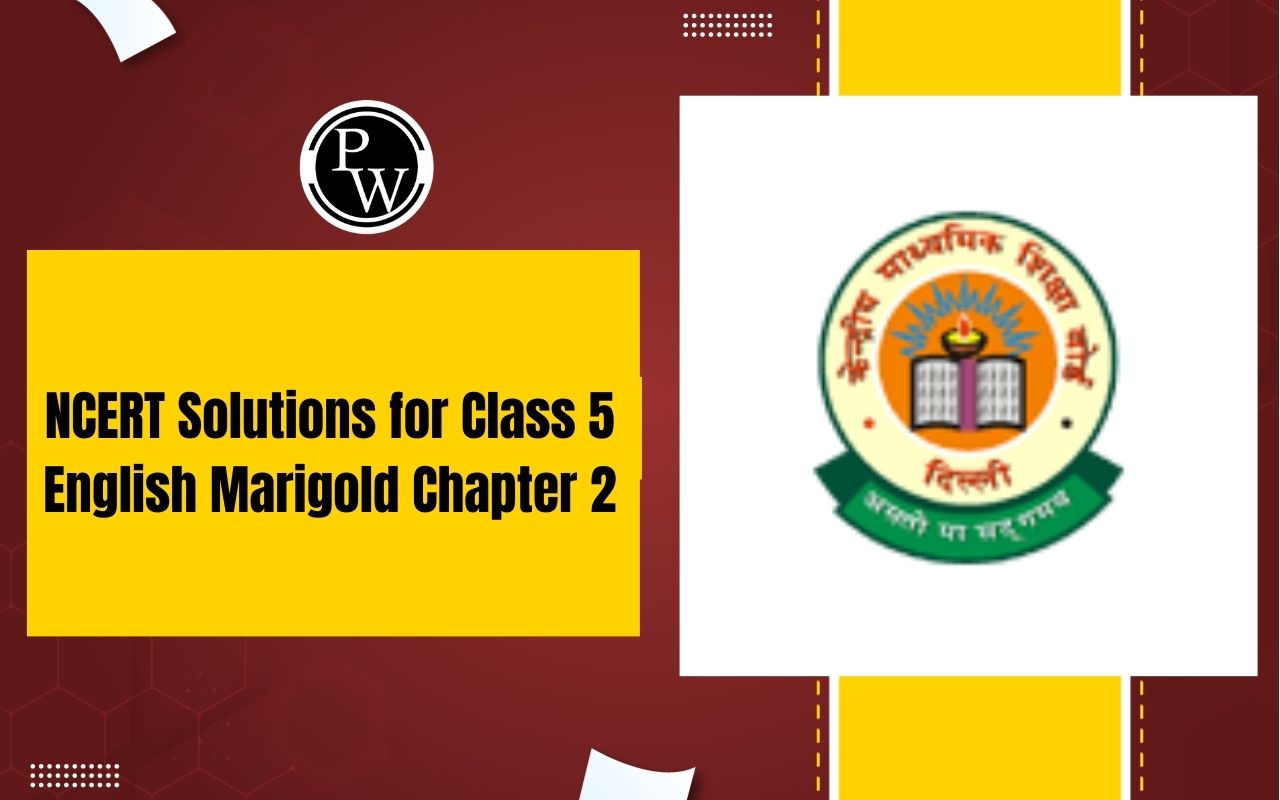What Are Extracurricular Activities?
Extracurricular activities are programs or pursuits that occur outside the standard academic curriculum in schools, colleges, or universities. These activities are voluntary and can range from sports teams, music and drama clubs and student government to community service projects and academic competitions. They provide students with opportunities to explore their interests, develop new skills, and engage socially with peers.
Participation in extracurricular activities serves multiple purposes. For students, these activities can be a way to delve into hobbies they are passionate about, like playing an instrument or participating in theater.
They also help cultivate essential life skills, such as teamwork, leadership, and time management. Engaging in these activities can enhance a student’s educational experience by promoting personal growth and providing a break from academic pressures.
Extracurricular activities play a important role in college admissions, as they reflect a well-rounded individual who is actively engaged in their community and committed to personal development.
Ultimately, these activities enrich the educational journey, allowing students to build friendships, explore new interests and gain experiences that can shape their future.
Types of Extracurricular Activities
Extracurricular activities includes a wide range of pursuits outside the standard curriculum, enriching students lives and develops personal growth. Here are some key categories:
1. Academic
Academic extracurricular activities enhance students' learning in specific subjects. They include:
-
Clubs:
Such as Math Club, Science National Honor Society and History Club.
-
Competitive Teams:
Including the Academic Decathlon, Chemistry Olympiad, and Math League.
2. Art
Artistic activities encourage creativity and self-expression. Options include:
-
Clubs:
Drama Club, Art Club, and Photography Club.
-
Performance Groups:
Theater productions, dance troupes and music ensembles.
3. Cultural and Language
These activities promote cultural understanding and language skills. Examples include:
-
Language Clubs:
Spanish Club, French Club and Chinese Club.
-
Cultural Organizations:
African American Student Alliance and International Food Club.
4. Community
Community-oriented activities foster civic engagement and social responsibility. Examples include:
-
Volunteer Organizations:
Habitat for Humanity, Key Club and local charities.
-
Events:
Community clean-ups and food drives.
5. Government and Leadership
These activities focus on developing leadership skills and understanding governance. They include:
-
Student Government:
Student Council and Community Youth Board.
-
Leadership Groups:
Peer Leadership Group and Model United Nations.
6. Media
Media-related extracurriculars provide experience in journalism and communication. They include:
-
Publications:
School newspaper, yearbook committee and literary magazines.
-
Broadcasting:
School radio or television station.
7. Music & Performance Art
For those interested in performing, these activities are essential. They include:
-
Music Groups:
Choir, band, and orchestra.
-
Performance Art:
Drama productions, dance performances, and comedy clubs.
8. Social Activism
These activities focus on advocacy and social change. Examples include:
-
Clubs:
Environmental Club, Gay-Straight Alliance and Amnesty International.
-
Campaigns:
Initiatives for social justice, animal rights and environmental awareness.
9. Special Interest
These clubs cater to unique interests that may not fit into traditional categories. Examples include:
-
Hobbies:
Chess Club, Equestrian Club and Entrepreneurship Club.
-
General Interest Groups:
Boy Scouts, Girl Scouts and robotics clubs.
10. Speech and Political Interest
These activities cultivate public speaking and debate skills. They include:
-
Debate Teams:
Model Congress and Mock Trial Club.
-
Political Clubs:
High School Democrats and Teenage Republicans.
11. Sports
Sports activities promote physical fitness and teamwork. Options include:
-
Team Sports:
Soccer, basketball, football and volleyball.
-
Individual Sports:
Swimming, gymnastics and martial arts.
12. Technology
These activities develop tech skills and digital literacy. Examples include:
-
Clubs:
Coding club, robotics club and web design club.
-
Projects:
Blogging, creating YouTube channels, or app development.
13. Volunteering Activities
Volunteering not only helps the community but also enhances personal growth. Options include:
-
Volunteer Programs:
Animal rescue, mentoring and hospital volunteering.
-
Community Service:
Working with soup kitchens and local charities.
Benefits of Playing Extracurricular Activities
Participating in extracurricular activities offers numerous benefits for students, contributing to their personal, academic and social development. Here are some key advantages:
1. Skill Development
Extracurricular activities help students develop a wide range of skills that are not typically taught in the classroom, including:
-
Leadership:
Many activities, such as student government or team sports, require students to take on leadership roles.
-
Teamwork:
Collaborative activities, like sports and group projects develops cooperation and teamwork.
-
Time Management:
Balancing schoolwork with extracurricular commitments teaches students how to manage their time effectively.
2. Social Interaction
Engaging in extracurriculars allows students to meet peers with similar interests, leading to:
-
Friendship Building:
Activities create opportunities for students to form friendships outside of the classroom.
-
Networking:
Students can develop connections that may be beneficial in future academic or career endeavors.
3. Physical Health
Many extracurricular activities, particularly sports, promote physical fitness, which can lead to:
-
Improved Health:
Regular physical activity contributes to overall health and well-being.
-
Stress Relief:
Exercise is known to reduce stress and anxiety, helping students manage their emotional health.
4. Academic Improvement
Studies have shown that involvement in extracurricular activities can positively impact academic performance by:
-
Enhanced Engagement:
Activities can increase students’ engagement and motivation in their studies.
-
Skill Reinforcement:
Students often develop skills that translate to better academic performance, such as critical thinking and problem-solving.
5. Personal Growth
Extracurricular activities encourage personal development, leading to:
-
Self-Confidence:
Achievements in these activities can boost self-esteem and confidence.
-
Resilience:
Facing challenges and overcoming obstacles in competitive environments fosters resilience and perseverance.
6. Exploration of Interests
Participating in various activities allows students to explore and discover their passions, which can lead to:
-
Career Insights:
Exposure to different fields can help students identify potential career paths and interests.
-
Hobby Development:
Engaging in activities outside academics nurtures personal interests and hobbies.
7. Community Engagement
Many extracurricular activities involve community service or outreach, offering students:
-
Civic Responsibility:
Volunteering fosters a sense of responsibility and connection to the community.
-
Impactful Contributions:
Students can make a positive difference in their communities through various service projects.
8. Enhanced Creativity
Artistic and performance-based activities encourage creative expression, resulting in:
-
Improved Creativity:
Participation in drama, music, or art clubs stimulates creative thinking and problem-solving.
-
Diverse Perspectives:
Exposure to different forms of expression helps students appreciate diverse viewpoints and ideas.
9. College and Career Preparation
Involvement in extracurricular activities can strengthen college applications and future job prospects by:
-
Showcasing Initiative:
Participation demonstrates a commitment to personal growth and initiative.
-
Skill Highlighting:
Activities provide practical experiences and skills that can enhance resumes and applications.





